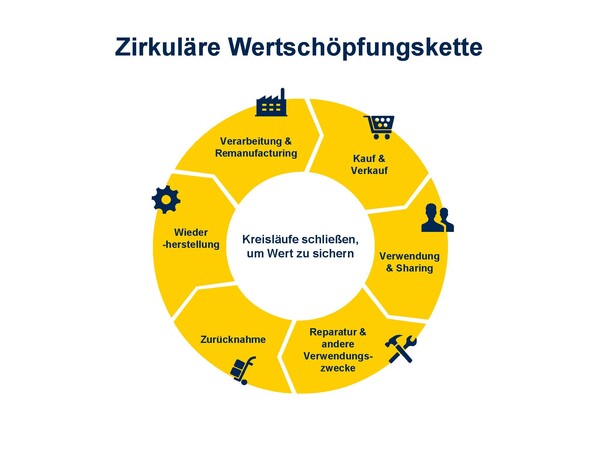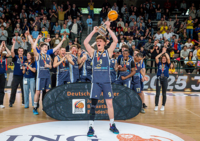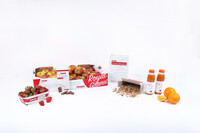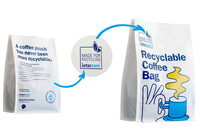An end-of-year appeal: take responsibility for your products and create value!
At the close of the year, environmental services provider Interseroh calls on consumers and companies to show even greater product responsibility. A recent report prepared by the Wuppertal Institute for the Friedrich Ebert Foundation names Germany as one of the champions of the circular economy. Nonetheless, the threat of resource scarcity and ever-advancing climate change means that all of us must take a serious look at our responsibilities in relation to products in the value chain. Not least because a decoupling of resource consumption from economic growth can be achieved only if we successfully make the transition from a linear to a circular economic model.
Achieving this goal requires the incorporation of insights from recycling as part of the inputs into the value chain. Manufacturing a product involves the expenditure of energy and labour. The goal is the efficient and long-term retention of this created value. Instead of selling the product, it can be rented out. Instead of throwing the product away once it has served its purpose, it can be reconditioned or recycled. Electronic waste, for example, contains many valuable resources that can be recycled. Specialised recycling plants are required to recover these resources without releasing potentially hazardous substances. Product developers are also needed who can design new components to replace certain materials. After all, a circular economy capable of conserving resources and protecting the climate is possible only if the potential reuse and recycling of products is coordinated properly between product developers and recycling experts.
Interseroh specialises in this circular model, which starts with product design and the selection of (raw) materials, continues with the production process and logistics, and ultimately re-integrates the end-of-life product as a new part of the value chain. Old products are turned into new ones, and services and business models are created. The end result is the preservation of economic, ecological and social assets.




